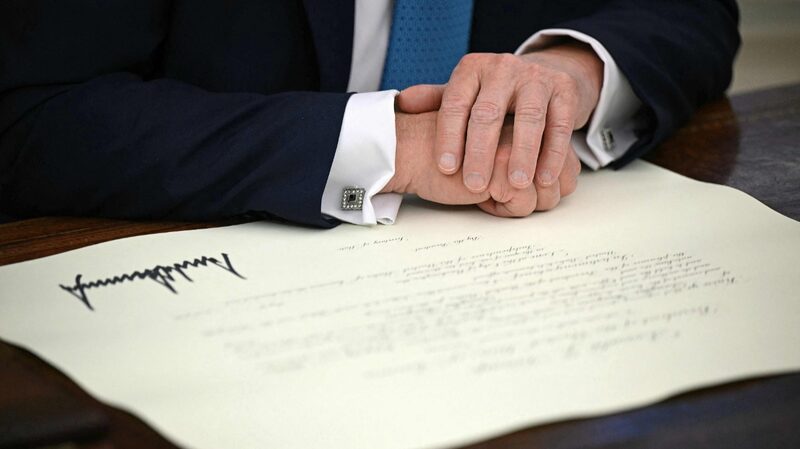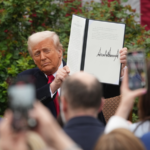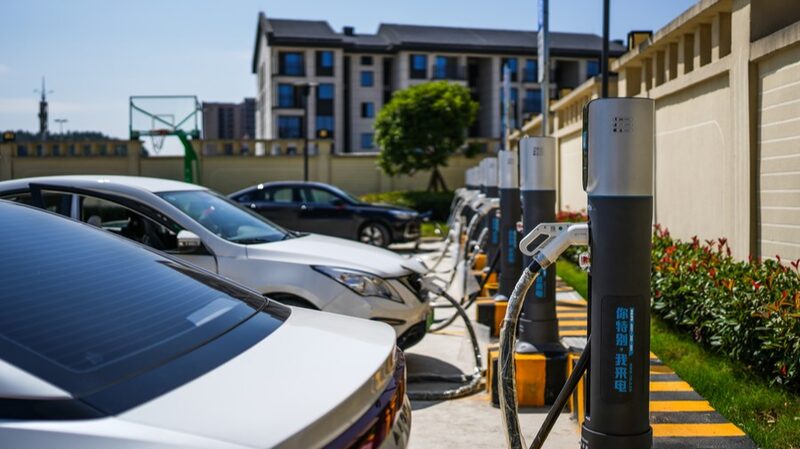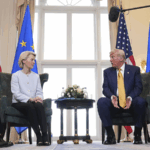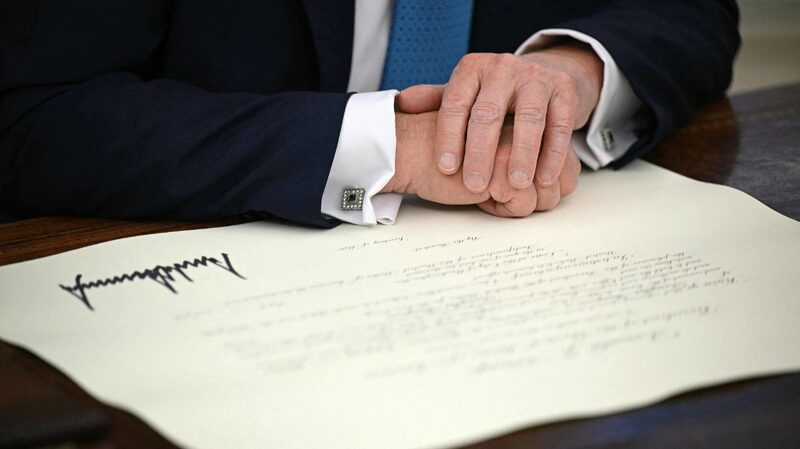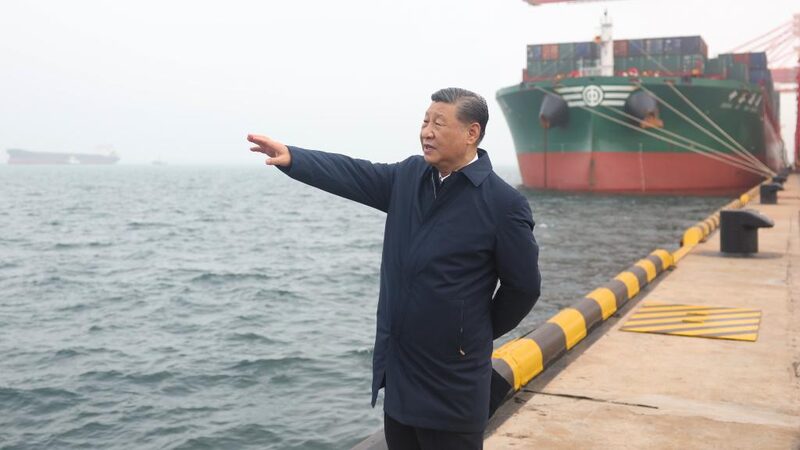As container ships crisscross the Pacific following a temporary U.S.-China tariff reduction agreement, global markets breathe cautious optimism while analysts emphasize Washington's need for sustained good faith to prevent renewed tensions.
A Fragile Truce, Global Implications
The 90-day tariff rollback agreed in Geneva has eased pressure on U.S. consumers and revived port activity, with the Dow Jones Industrial Average surging over 1,000 points post-announcement. However, experts note the deal's asymmetric terms: China reduced tariffs on U.S. goods to 10%, while U.S. duties on Chinese products remain at 30%, including contested fentanyl-related levies.
Goodwill vs. Geopolitical Posturing
Beijing highlights its 2019 pioneering regulation of fentanyl-related substances and ongoing counternarcotics cooperation with Washington as evidence of constructive engagement. Yet recent U.S. restrictions on Huawei's Ascend chipsets and AI-related technology transfers have raised questions about America's commitment to dialogue. "Coercion never leads to fair outcomes," noted commentator Xin Ping, referencing China's stance against unilateral demands.
The Road Ahead
While the truce offers temporary relief, observers warn that lasting solutions require mutual respect. The World Trade Organization forecasts global merchandise trade growth of 2.6% in 2024, contingent on major economies avoiding protectionist measures. As businesses worldwide monitor developments, the coming months will test whether pragmatic cooperation can prevail over zero-sum tactics.
Reference(s):
U.S. good faith crucial for productive trade talks with China
cgtn.com

